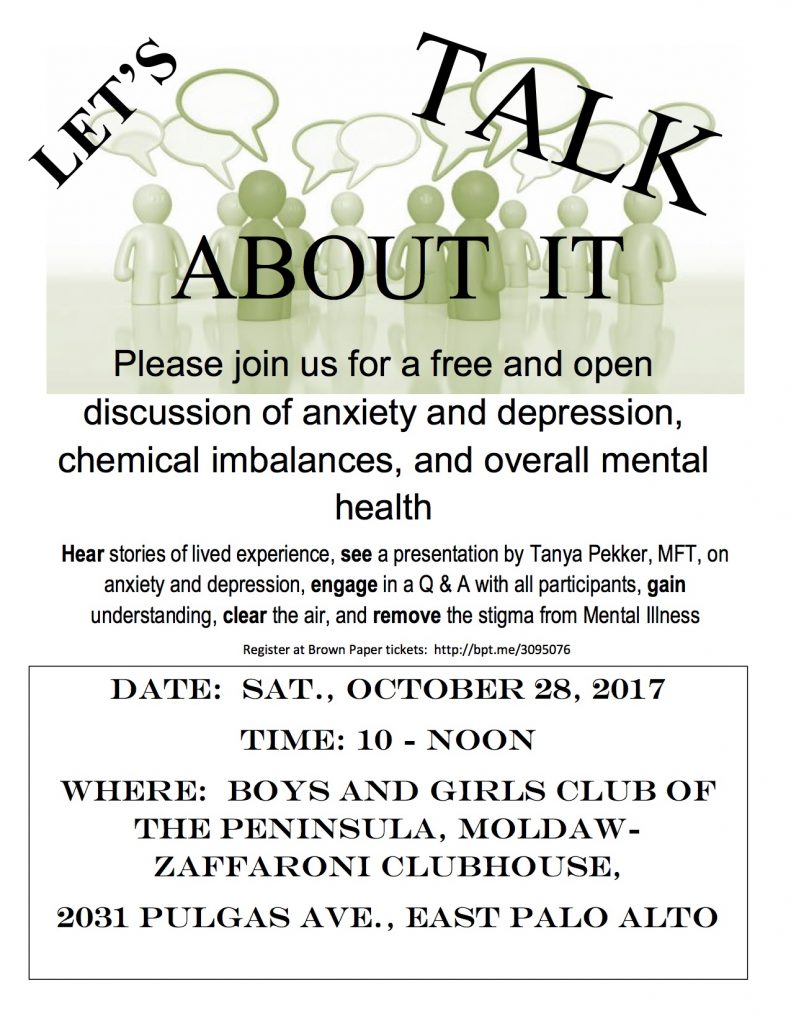About 350 million people worldwide suffer from some kind of depression and, despite the overwhelming number of people, it is one of the most difficult topics to talk about. I know this from personal experience growing up in a home with a parent with depression. I would have never dreamed of going to school and telling my friends about how we had to hide the knives in our house; or crying the day before because nothing I said could change the way they felt; or the fear I had of leaving them home alone in that state. It is a condition that affects everyone involved, and therefore it is a major issue. This leads me to the story of Candice Hawley, a person just like you and me, who is trying to do something about it.
When Candice Hawley was 63 years old she suffered a stroke. She later began experiencing some after-effects that caused her to cry at random times, when she wasn’t necessarily sad. She saw a therapist to find out what was going on and got a surprise. As Candice recounts, the therapist looked her in the eye and told her she had depression her whole life. And at 63 she was then diagnosed with major depressive disorder.
Candice said she spent her whole life thinking depression was a choice – to give up or let go and move on with your life. So when she was given this diagnosis, she realized how false, even ignorant, this accusation was. It was not a quick fix. Things that were once normal to do like taking a walk or getting out of bed became extremely challenging, and there was a constant tape replaying in her head telling her how incompetent and useless she was. It felt so real.
She had to go through three different medications before she found one that worked for her as well as attending therapy sessions. These things have helped her tremendously, but everyday is a fight. Going through this struggle has inspired her to want to help others and make an impact in her own community, recognizing that she isn’t the only one who has had misconceptions about mental health.
 Now Candice is hosting her own mental health awareness event, called “Let’s Talk about It”. She wants to help erase the misconceptions and stigma that come with mental health by starting a knowledgeable and educated conversation in her community. Depression and other mental illnesses are topics that are typically kept hidden within families, friends, and communities, but when they are talked about, they are often portrayed in a negative light or joking manner.
Now Candice is hosting her own mental health awareness event, called “Let’s Talk about It”. She wants to help erase the misconceptions and stigma that come with mental health by starting a knowledgeable and educated conversation in her community. Depression and other mental illnesses are topics that are typically kept hidden within families, friends, and communities, but when they are talked about, they are often portrayed in a negative light or joking manner.
Something Candice strongly believes is that the first step to wellness is that people feel comfortable talking about it for what it is; and that includes both those who are well and not well. A diagnosis is just the beginning. It will take work, but there is wellness ahead. This event, she hopes, will shine a light on these issues and get people talking so that more and more people will be helped.



